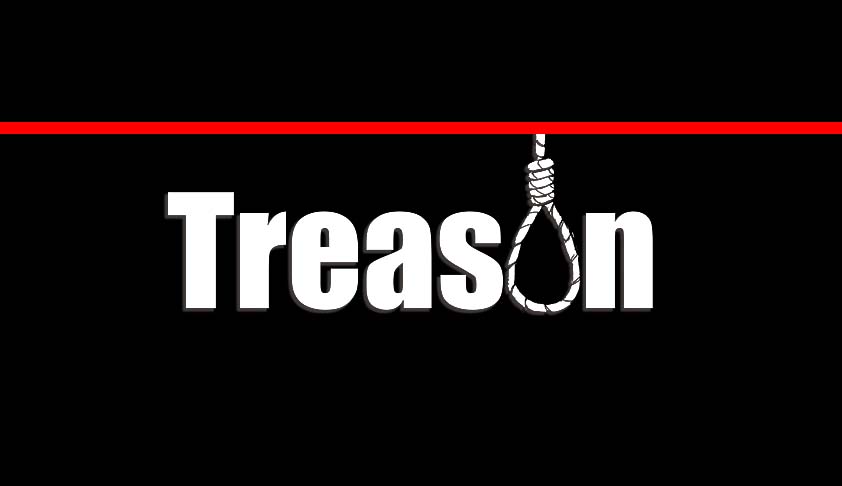Bishops and Barons to go on trial for treason…800 years after their alleged crime!
LIVELAW NEWS NETWORK
19 May 2015 9:01 AM IST

Next Story
19 May 2015 9:01 AM IST
A group of Bishops and Barons who stand accused of having committed treason 800 years after their alleged crime, have been summonsed for trial on July 31, 2015 at the Houses of Parliament of the United Kingdom. Their alleged crime? These Barons and Bishops forced King John to agree to sign the Magna Carta which enshrined key rights such as the rule of law and protection of property.They will...
